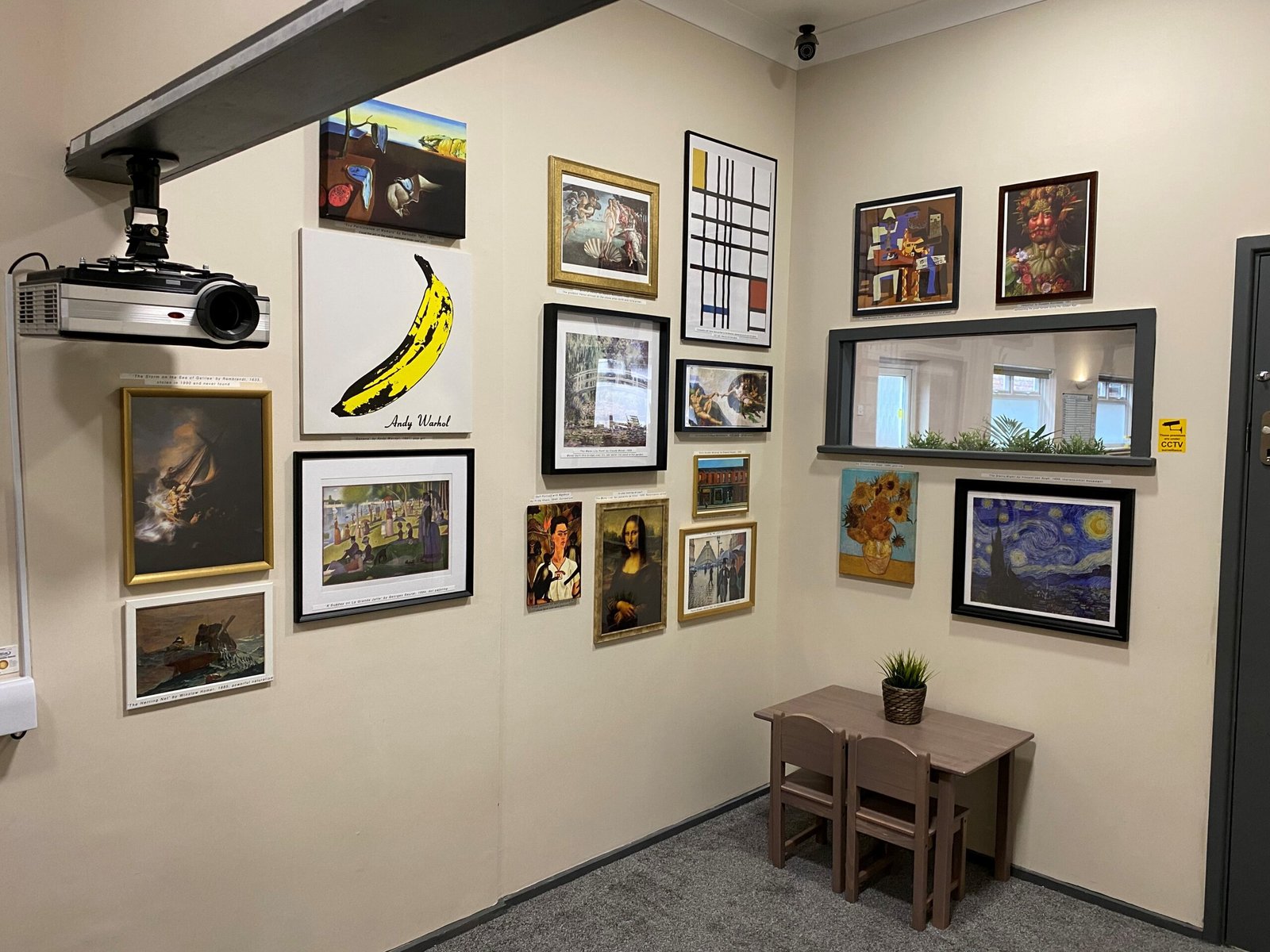
At Aplomb Day Nursery & Preschool, our ethos is rooted in creating a home-from-home environment where children feel safe, supported, and inspired to explore. We believe that children learn best when they feel secure and happy, so we provide a fun, safe, and caring space where they can play, discover, and grow. Our curriculum is shaped by children’s interests, cultural celebrations, and the changing seasons, helping them to make meaningful connections with the world around them.
We are committed to nurturing confident, curious, and kind children by encouraging independence, celebrating effort over outcome, and providing a rich environment for learning through play. Our approach promotes healthy habits such as oral hygiene, exercise, and balanced eating, and reinforces the fundamental British values through daily routines and positive role modelling. Everything we do is designed to support children in becoming healthy, capable, and confident individuals who are ready to take on their next steps and achieve positive outcomes.
At Aplomb Day Nursery, we love using the Reggio Emilia approach because it lets children lead the way in their own learning. Instead of us telling them what to do, we guide and support as they explore, create, and discover. It’s all about curiosity, creativity, and helping each child grow with confidence.
At Aplomb Day Nursery, we like the Montessori approach because it gives children the freedom to learn in their own way. They build confidence, try out new things, and become more independent while still knowing we’re here to guide and support them.
We follow The Curiosity Approach in Aplomb to spark children’s imagination and love for learning. With calm, inspiring spaces and real-life objects, children are free to explore, play and discover in their own way. It’s a gentle way of encouraging curiosity, creativity and confidence every day.
We encourage children to explore how things work, why structures stand, and how to design solutions to everyday problems. This might include building bridges and ramps to test weight and balance, creating marble runs to explore cause and effect, using simple machines like pulleys and levers, or even early coding activities that teach sequencing and logic. These experiences help children develop skills in planning, resilience, and collaboration — all essential for the world they’re growing into.